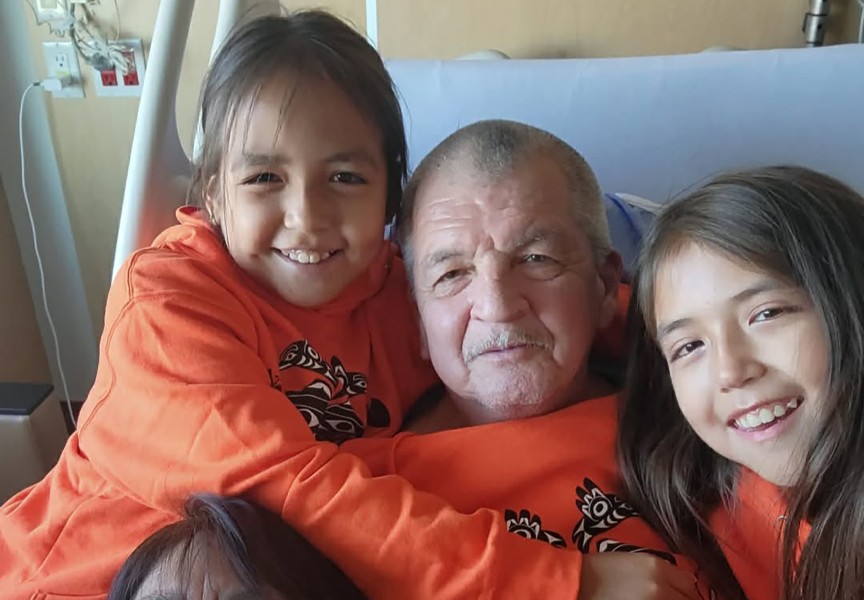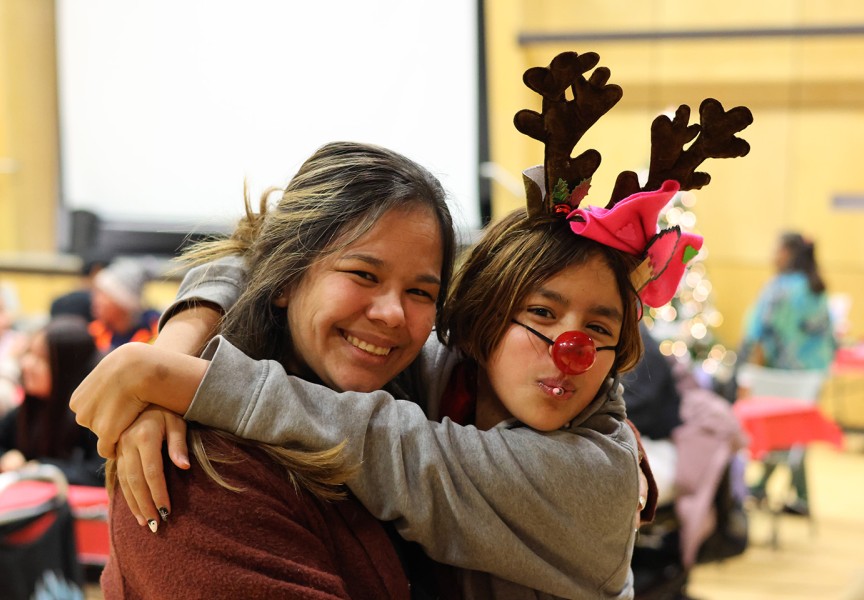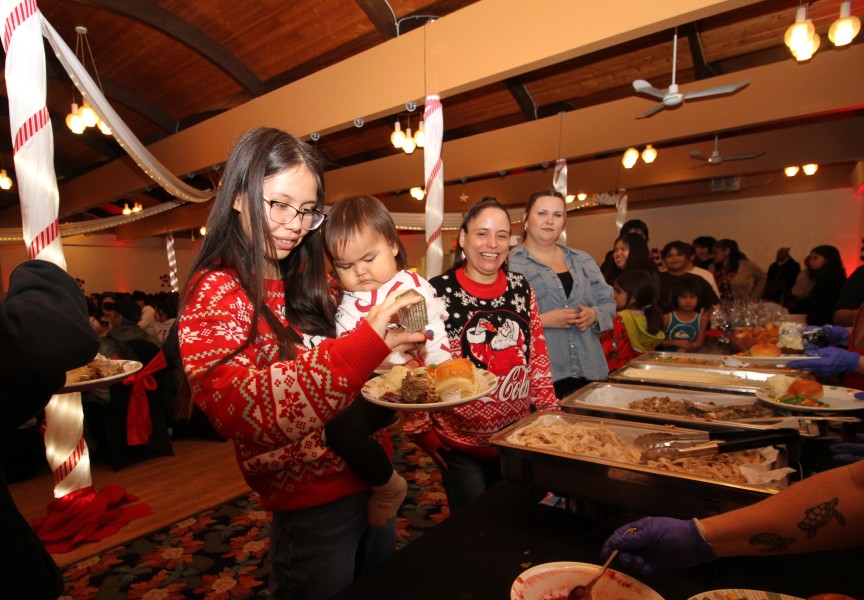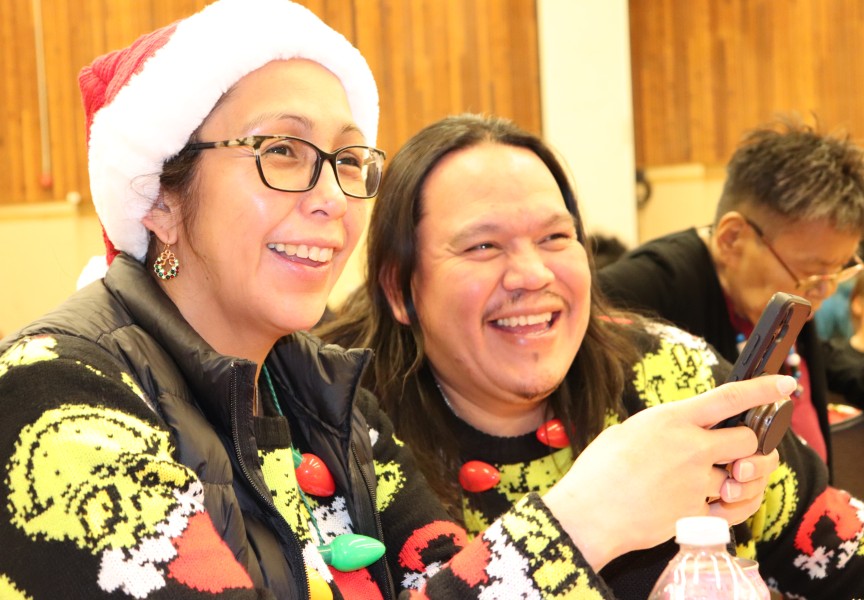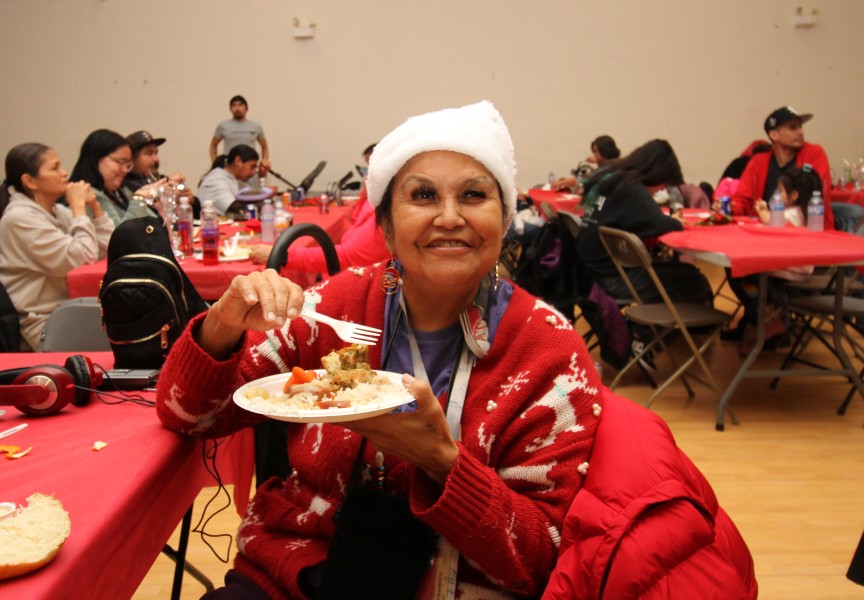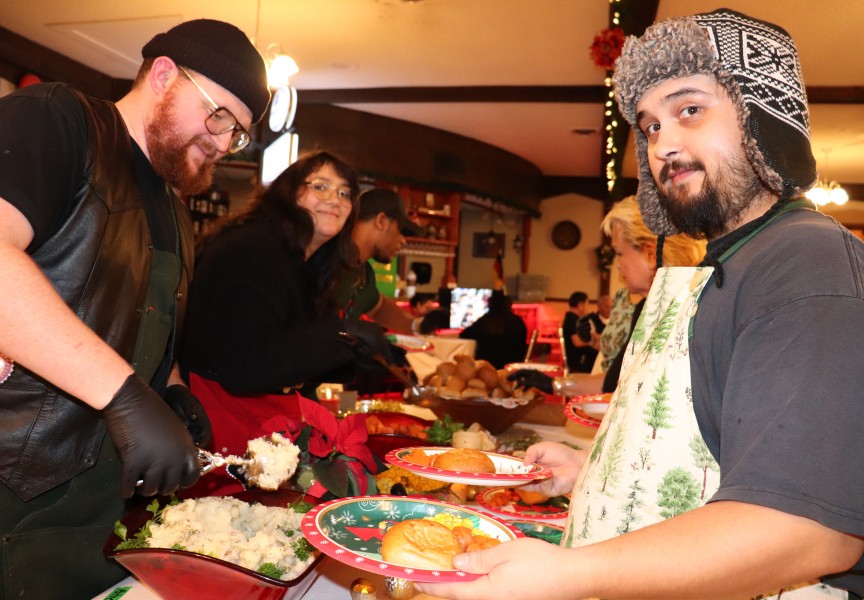When you’re trying to provide health care for your community’s most marginalized people, there’s only a narrow window of opportunity, according to Tania Dick.
Dick, a Nurse Practitioner with the Nuu-chah-nulth Tribal Council’s Health Outreach Program (HOP), works with people facing multiple challenges, among them poverty, addictions, mental illness, and homelessness. Their lives may be chaotic. In clinical terminology, they are “hard to house.” (Sometimes, they’re hard to find, too).
“We go out where they’re at,” Dick said. “We do harm reduction. We go into the shelters and houses where they are using.”
HOP provides a needle exchange for intravenous drug users, to prevent the spread of blood-borne diseases, along with crack pipes, “Everything they need to practice their drug use safely,” Dick said.
All HOP staff are certified for sexually transmitted diseases. They provide condoms and education to local sex-trade workers.
“When our program started, it was the TB outbreak. That has now dissipated, and there is a major focus on HIV and Hep C clients. In the past year, we have identified six new people with HIV; all are aboriginal.”
Dick believes there has to be a shift in how First Nations deal with HIV, which, in the distant past, was considered to be limited to the gay community. That was then; this is now.
“We are trying to remove the stigma around HIV. Provincially, the approach is to normalize the HIV screening process, and we need to bring that approach to the aboriginal community.”
As part of their outreach, Dick and her team also set up a regular clinic at the Bread of Life soup kitchen, at Phoenix House and at the Port Alberni Shelter. The goal is to build relationships with individual clients in order to gain their trust.
These are people who may have a fear of institutions, who may resent authority, who may balk at accepting help from a stranger, she explained.
“Once they slam that door, it’s hard to get back in,” Dick said. “You only have brief moments of opportunity. That’s part of the soul of the program: developing the skill to be aware of those moments.
“Trust is such a big issue with this clientele. Most are marginalized and most are aboriginal.”
Dick and her HOP team work closely with the NTC Mental Health department, and while most clients (about two-thirds) are aboriginal, they also serve the non-aboriginal community.
Dick is a member of Dzawada'enuxw First Nation.
“I’m from Kingcome Inlet/Alert Bay,” Dick said. “I went to school in Vancouver. Then went to nursing school in Surrey at Kwantlen University College.”
Dick graduated as a Registered Nurse at Kwantlen University in 2003, and began her practice in remote First Nations communities, including her own home village of Kingcome Inlet. She later undertook a Master’s degree program (Nurse Practitioner) at the University of British Columbia, graduating in 2010, the first aboriginal NP graduate in B.C.
Dick said she learned about the NTC Nursing program while attending Kwantlen.
“Whenever I was working on a paper, I looked up anything Aboriginal, and NTC always popped up with their Nursing Framework.”
Nurse Practitioners are certified to perform many of the functions of a physician. They can assess a patient and make a diagnosis, write prescriptions, order lab work, interpret lab results and follow up on lab work. Dick believes greater use of NPs would be a great benefit to First Nations communities, many of which have limited access to physicians.
“There is such a vacuum in aboriginal health. And there is no capacity building within communities around NPs or primary health. We rely on purchasing those services.
“Now, under the First Nations Health Authority, it’s not fiscally viable. We have to be smarter about our primary health and how we purchase these services.”
To pursue that goal, Dick came to NTC in August 2013, ostensibly to write a proposal to create two NP positions within the NTC Nursing department. One of those NP positions would be within the HOP program, and one NP would be based in Ahousaht.
Neither proposal has received the necessary endorsement from a physician – yet. But Dick is confident that the Nurse Practitioner model will be a wave of the future for aboriginal health care.

